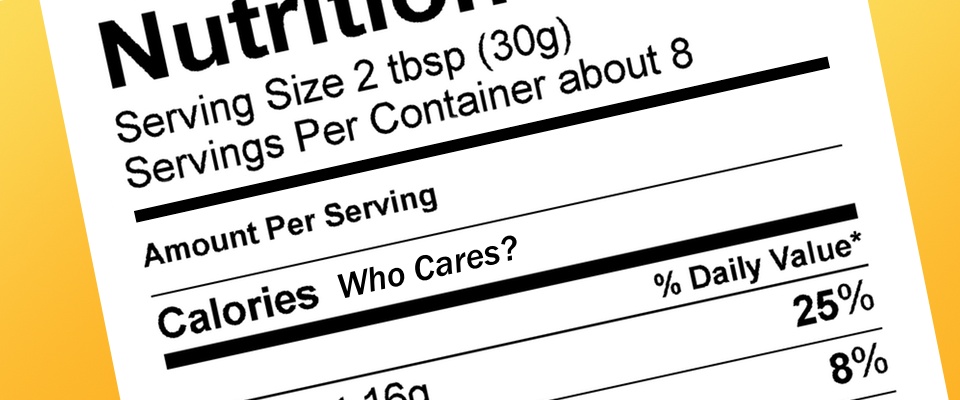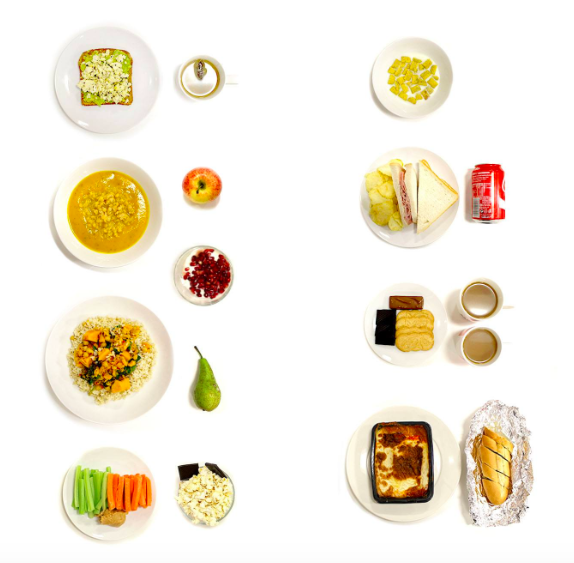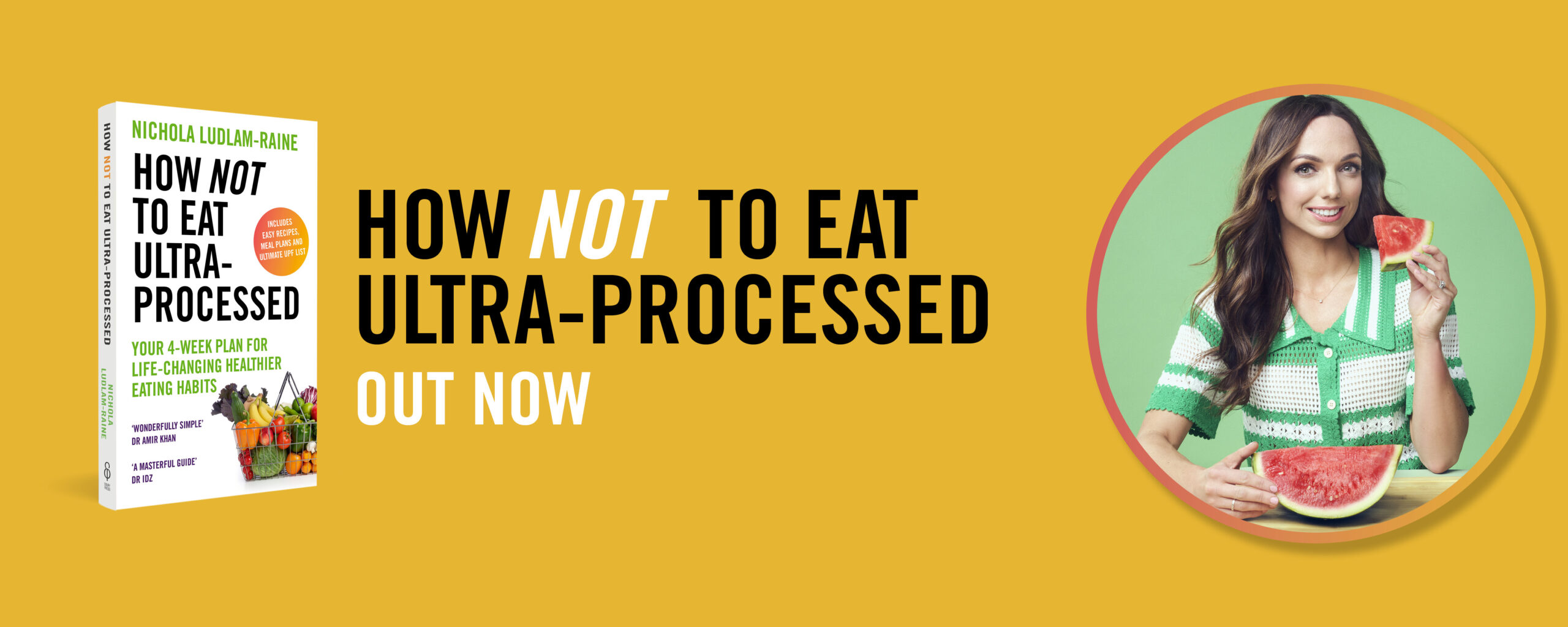
DO YOU COUNT CALORIES OR COLOUR?
![]()
The other week I was quoted on Business Insider talking all about “Calories” (the energy found in food and drink) as they celebrate their 100th birthday. Here’s a summary of my thoughts as a weight management & bariatric dietitian:
- Whilst calories are important when it comes to losing, maintaining, or gaining weight, they are NOT the sole thing we should be focusing on when it comes to improving our health.
- Calories are king for weight loss but WHAT YOU EAT matters more for health and satiety.
- To keep energy levels up and keep you full and healthy for the long term, your diet needs to feed more than your mouth & stomach. It has to satiate your muscles, which require protein, your digestive system, which runs at its best with an adequate amount of fibre (ideally 30g a day), and your tissues and bones, which work optimally when they’re getting vitamins and minerals such as calcium from wholesome (nutrient dense) foods such as whole-grains, dairy, fruits, vegetables and fish.
- Think BALANCE and COLOUR when it comes to meal times to ensure that you’re getting a mixture of essential nutrients.
- Empty calories (foods containing minimal amounts of nutrients) may only give a temporary fix, but they do taste good & we could call them SOUL FOOD.. have them in moderation and remember the 80/20 rule 😉
- I promote calorie AWARENESS not calorie counting and although checking in on how many calories you’re having in a day/week may be useful occasionally, doing it day in day out, week in week out, can become OBSESSIVE, leading you to ignore true hunger and satiety signals.
- Calories should be a tool for information, rather than a way to live your life, for example if you’re comparing meals in a restaurant; going for the 500 calorie thin-crust pizza may be more weight friendly than opting for the 900 calorie deep-pan pizza covered in four types of cheese – this does however depend on what else you’ve eaten that day as well as your day to day activity levels; the more active you are the more calories your body needs and so you will be able to eat more whilst maintaining or losing weight!
Do let me know your thoughts!
P.S. For more information about why calorie counting isn’t necessarily the be all and end all check out the meal plans below which I talk about in [this blog post] – they BOTH contain 2000 calories, but one provides a lot more in the way of fibre and micronutrients!

